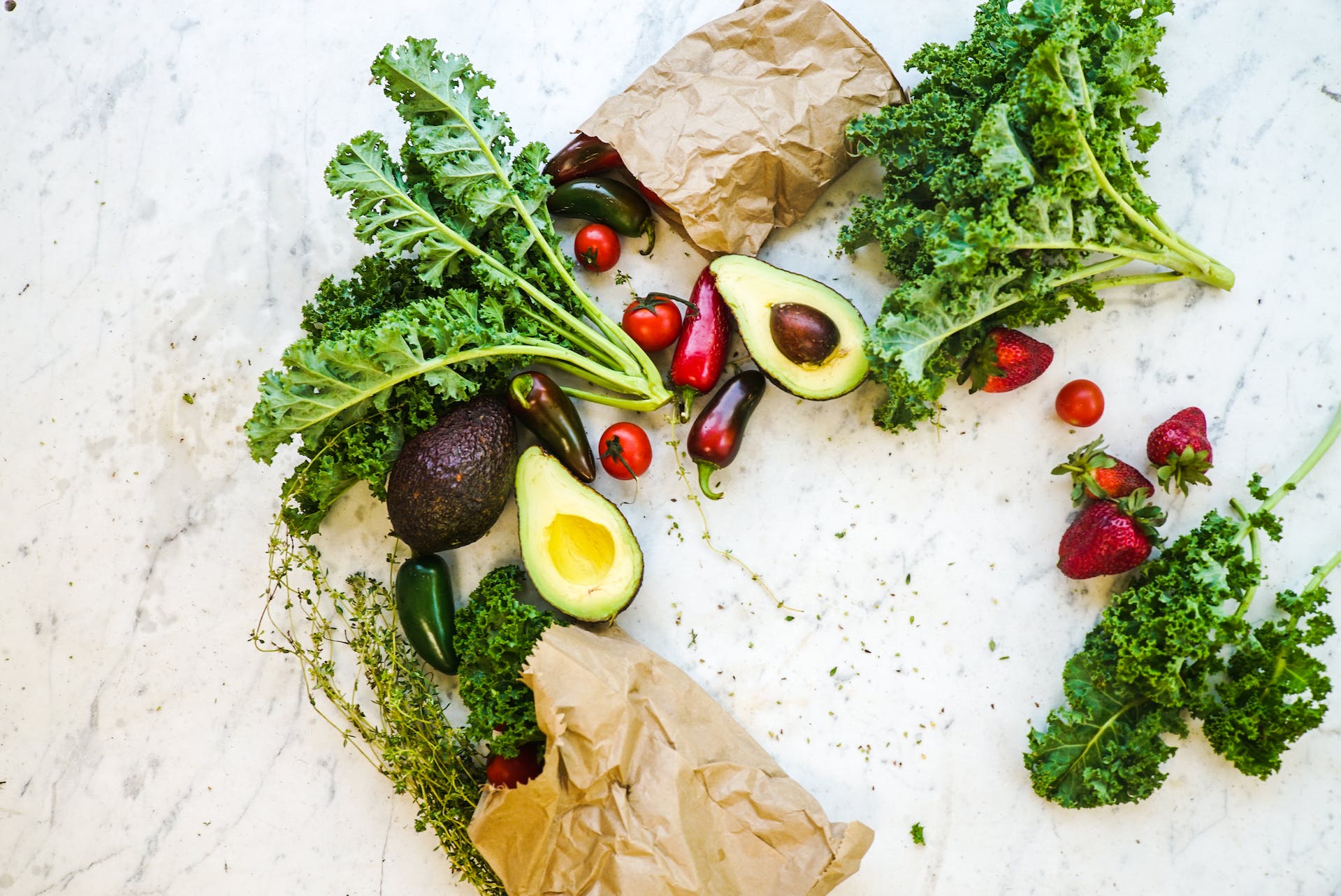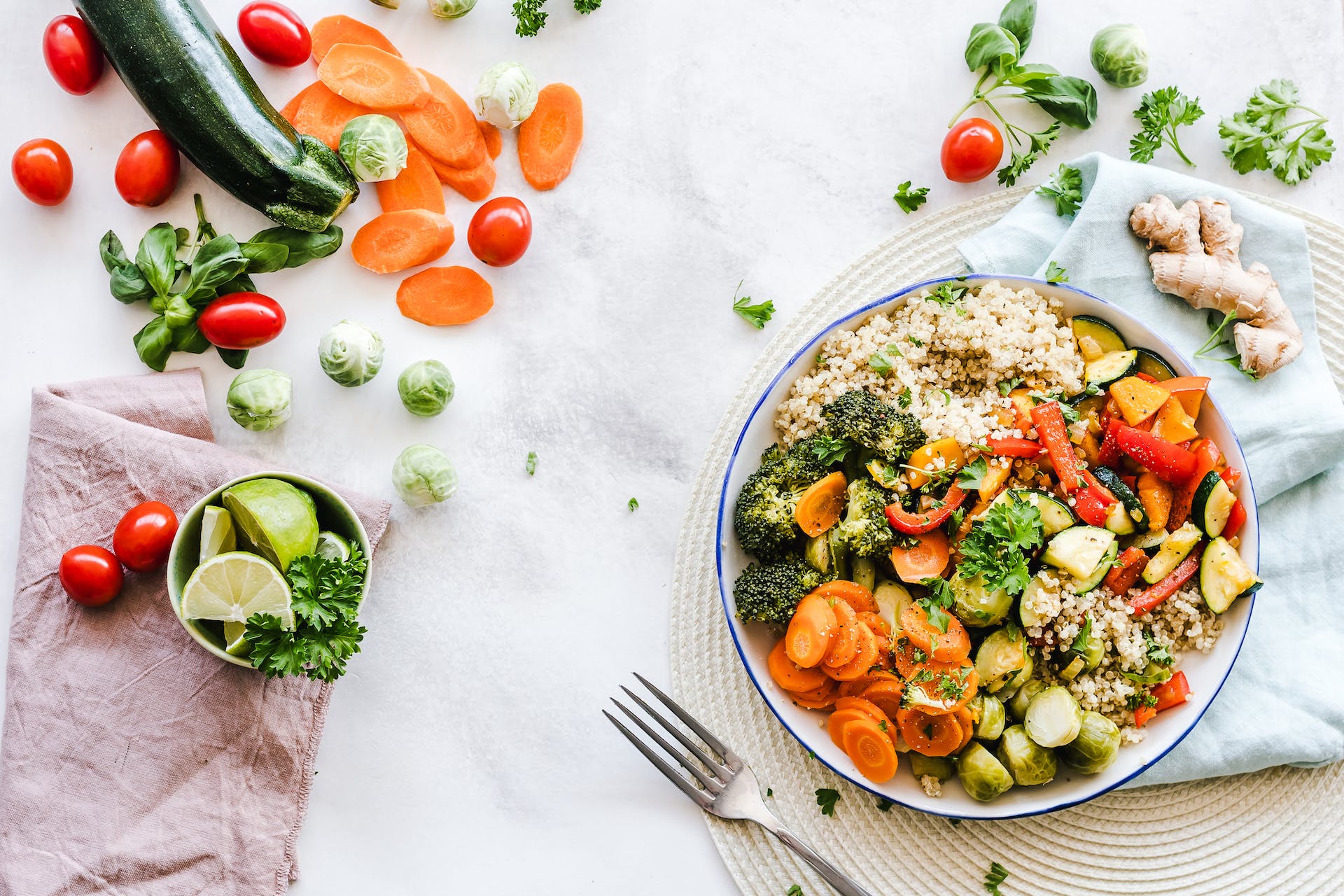Introduction
Welcome to the vibrant world of plant-based eating! In this article, we will delve into the fascinating realm of the Vegan diet, exploring its core principles, health benefits, nutritional considerations, and even providing you with some scrumptious sample meal plans.
About the Vegan diet
The Vegan diet is more than just a dietary choice; it's a lifestyle that strives to exclude the use of any animal products, be it in food, clothing, or other aspects of daily life. Vegans wholeheartedly embrace the belief that animals should not be exploited or harmed for human consumption, and instead, opt for nourishing their bodies with the use of of plants.
Key Components
At the heart of the Vegan diet lies a diverse range of plant-based foods. These include fruits, vegetables, whole grains, legumes, nuts, and seeds. By including a variety of these foods in your diet, you can ensure an optimal intake of essential vitamins, minerals, fiber, and antioxidants.
Potential Health Benefits
Adopting a Vegan diet can have a positive impact on your health. It has been associated with a reduced risk of chronic diseases such as heart disease, type 2 diabetes, and certain types of cancer. Additionally, a Vegan diet has the potential to promote weight loss, improve digestion and increase overall energy levels.
Nutritional Considerations
While the Vegan diet offers a range of health benefits, it's important to be mindful of certain nutritional considerations to ensure you're meeting all your body's needs. Key nutrients that may require extra attention include vitamin B12, iron, calcium, omega-3 fatty acids, and protein. Fortunately, with proper planning and a varied diet, it is entirely possible to obtain these nutrients from plant-based sources.
Sample Meal Plans
Breakfast:
- Vegan Overnight Oats with mixed berries, chia seeds, and almond milk.
- A side of avocado toast and cherry tomatoes.
- Quinoa Salad with roasted vegetables (such as bell peppers, zucchini, and eggplant) and a tangy lemon dressing.
- A serving of hummus with whole-grain pita bread.
- A delicious pasta dish made with whole wheat spaghetti, garlic, olive oil, and sautéed vegetables.
- A side of steamed broccoli.
Health Considerations
It's important to note that while the Vegan diet offers numerous health benefits, it requires careful consideration and planning to ensure you're meeting all your nutritional needs. Consulting with a registered dietitian or healthcare professional can help tailor the diet to your specific requirements, especially if you have any underlying health conditions or dietary restrictions.
Tips
- Experiment with plant-based alternatives to your favourite animal-based products. You may be pleasantly surprised by the flavours and textures they provide.
- Stay connected to the Vegan community through social media, local meetups, or online forums. Sharing experiences and recipes can make your journey more enjoyable.
- Embrace a mindful approach to eating by savoring each bite.
Conclusion
By adopting a Vegan diet, not only can you improve your own well-being, but also contribute to the welfare of animals and the preservation of our planet.




